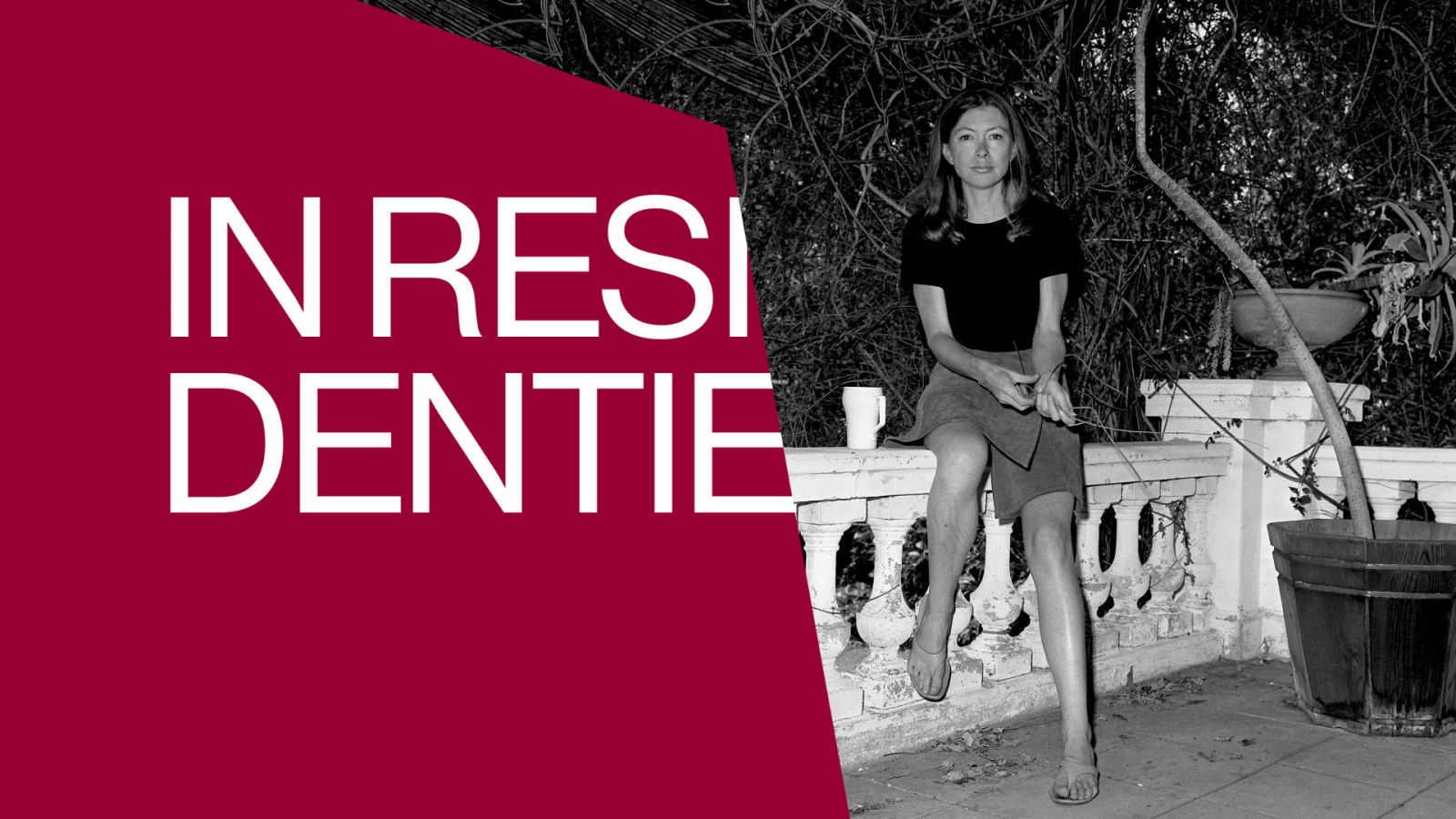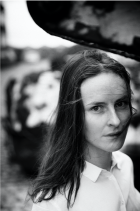“Life changes fast.
Life changes in an instant.
You sit down to dinner and life as you know it ends.
The question of self-pity.”
Joan Didion became world famous with bestsellers such as The Year of Magical Thinking and Blue Nights, in which she writes with radical openness about grief after losing both her husband and her daughter in quick succession. As an icon of the 1960s and a source of inspiration for countless female writers, Didion, with her autobiographical tone and sharp analytical eye, did not fit the clichéd image of the female writer. On the covers of her books, she is invariably leaning against a car, sunglasses on, cigarette in hand — cool as fuck. She is mysterious, that thin, fragile woman who almost disappears behind her large sunglasses.
"I write entirely to find out what I'm thinking,
what I'm looking at,
what I see and what it means.
What I want and what I fear."
In her work, Didion focuses on the story behind the story. She creates and dismantles. She shows us that every narrative is a construction — and that this construction tells us more about ourselves and our times than the story itself.
“We tell ourselves stories in order to live.”
DIDION is a performance about a daughter who observes her mother, imitates her and perhaps, sometimes, becomes her.
With the distance of a child's gaze, but at times also coinciding with the position of the mother, a role that Scarlet now also fulfils in real life. DIDION is an exploration of grief and at the same time a portrait of a woman who creates, tries to make the personal political and searches for her own voice.
“I tell you this not as aimless revelation but because I want you to know,
as you read me,
precisely who I am and where I am and what is on my mind.
I want you to understand exactly what you are getting:
you are getting a woman who for some time now has felt radically separated from most of the ideas that seem to interest people.
You are getting a woman who somewhere along the line misplaced whatever slight faith she ever had in the social contract,
in the meliorative principle,
in the whole grand pattern of human endeavour.





